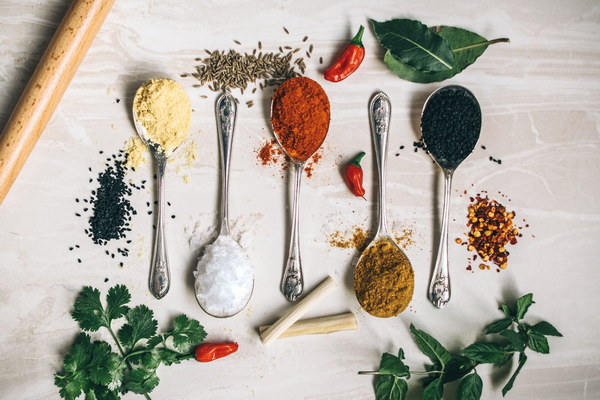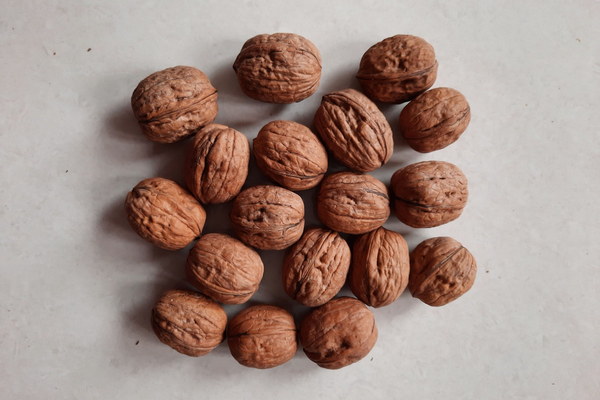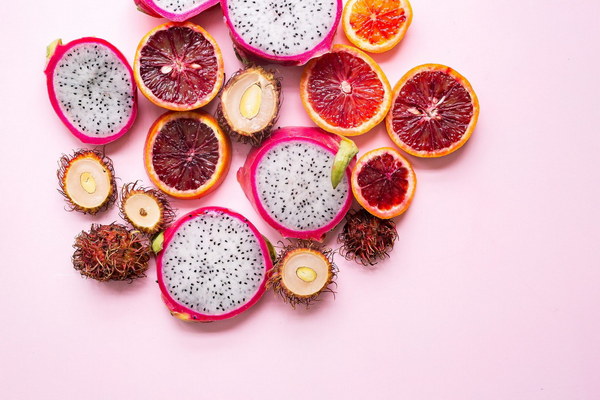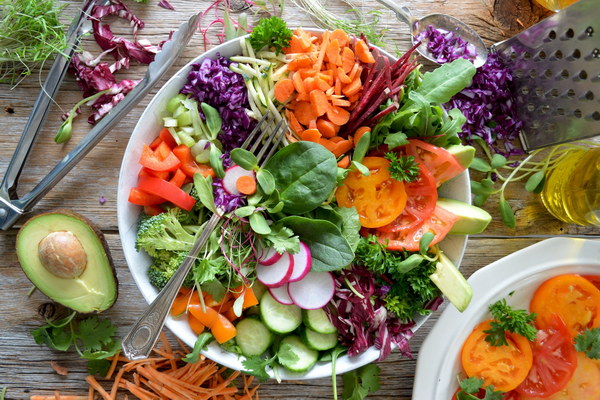How to Nourish Your Body Traditional Chinese Practices for the Start of Autumn
As the summer heat begins to wane and the air turns crisp with the approach of autumn, it's time to shift our focus from cooling down to nurturing our bodies with the right kind of nourishment. In Traditional Chinese Medicine (TCM), the concept of balancing the body's energy, or Qi, is paramount, especially as seasons change. The arrival of the autumnal equinox, known as Lì Qiū in Chinese, is a perfect time to start adopting practices that will fortify your health for the coming colder months. Here’s how to nourish your body during the start of autumn, according to TCM principles.
1. Adjust Your Diet
The first step in nourishing your body for the onset of autumn is to adjust your diet to reflect the seasonal changes. TCM suggests that you should consume foods that are in harmony with the season's characteristics. Here are some dietary guidelines:
- Pumpkin, Sweet Potatoes, and Carrots: These orange-colored vegetables are rich in beta-carotene, which is beneficial for the respiratory system and helps to protect against colds and flu.
- Ginger: Known for its warming properties, ginger is excellent for combating the onset of colds and flu, as well as for soothing the digestive system.
- Nuts and Seeds: Almonds, walnuts, and pumpkin seeds are great for boosting the immune system and providing healthy fats.
- Apples: Apples are a symbol of autumn in China and are believed to be beneficial for the lungs, as they are both sweet and slightly sour.
- Fish: Fish such as cod and salmon are high in omega-3 fatty acids, which are good for the heart and can help maintain healthy skin.
It’s also important to avoid cold, raw, and overly sweet foods during this time, as they can weaken the body's Qi.
2. Stay Hydrated
Autumn is a time when the weather tends to be drier, and it’s important to keep your body hydrated to maintain the balance of fluids in your body. Drink plenty of warm water throughout the day to prevent dehydration and to aid digestion.
3. Practice Tai Chi or Qigong
These ancient Chinese exercises are designed to enhance the flow of Qi through the body. Tai Chi is a gentle form of martial arts that involves slow, deliberate movements and deep breathing, while Qigong is a meditative practice that focuses on breath and movement to cultivate inner energy. Both are excellent for balancing the body's energy and reducing stress.
4. Get Adequate Sleep
As the days get shorter and the nights longer, it’s natural to feel more tired. Ensure you get enough rest to allow your body to recharge and maintain its energy levels. Aim for 7-8 hours of quality sleep each night.
5. Acupuncture and Herbs
TCM therapies like acupuncture and herbal medicine can be used to reinforce your body’s defenses and balance your Qi. Acupuncture involves inserting fine needles at specific points on the body to stimulate energy flow, while herbal remedies are tailored to your individual constitution and health needs.

6. Manage Stress
Stress can deplete your body's energy and weaken your immune system. Find ways to manage stress, whether it’s through yoga, meditation, or simply taking a break from your busy schedule to enjoy the beauty of autumn.
In conclusion, the start of autumn is a time to focus on nourishing your body in preparation for the colder months ahead. By following these TCM-inspired practices, you can ensure that your body is well-equipped to face the changes in weather and maintain good health throughout the season.
![Join Our Team of Expert Head Therapists in [City Name] - Be Part of a Thriving Spa Industry!](http://img.bluepurple.cn/a/养生/180/Join-Our-Team-of-Expert-Head-Therapists-in-City-Name-Be-Part-of-a-Thriving-Spa-Industry.jpg)








